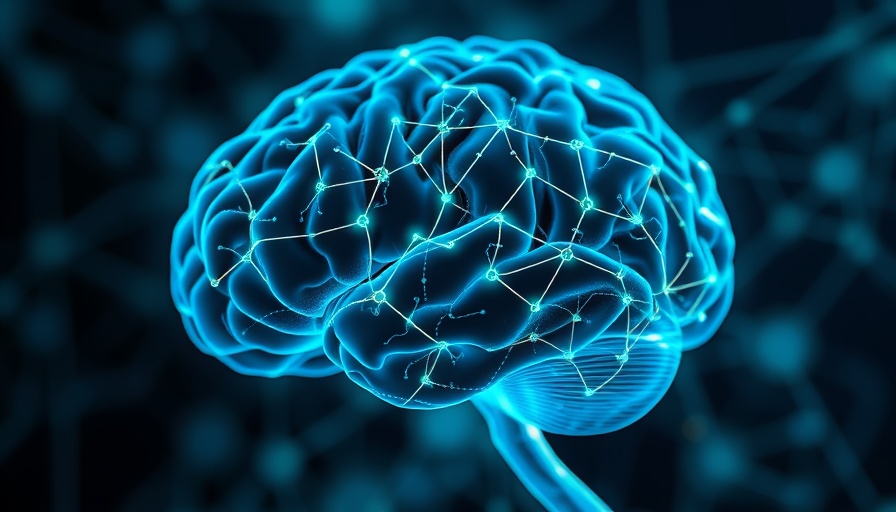
Rethinking Type 2 Diabetes Treatment: The Brain Connection
Type 2 diabetes is traditionally viewed through the lens of lifestyle choices like diet and exercise. However, emerging research indicates a surprising new perspective: the brain may hold the key to effective treatment. A groundbreaking study led by Dr. Michael Schwartz from the University of Washington shows that hyperactive neurons in the hypothalamus, particularly AgRP neurons, have a significant role in regulating blood sugar levels in diabetic mice.
What Are AgRP Neurons and Their Role?
AgRP neurons are a specific set of neurons in the hypothalamus, known for their influence on appetite and energy expenditure. Prior studies indicated that these neurons become overly active in type 2 diabetes, contributing to high blood sugar levels. The latest findings reveal that by disrupting their communication pathways, researchers can effectively lower blood sugar in diabetic mice without impacting their body weight or food intake.
A Shift in Understanding Diabetes Causes
Historically, diabetes has been primarily associated with obesity and insulin resistance. However, these new findings challenge that narrative, suggesting that the brain's role has been underestimated. This shift could lead to novel therapeutic strategies that focus not just on weight and insulin levels, but also on stabilizing brain activity.
The Potential of Neural Interventions
The implications of targeting AgRP neurons could reshape diabetes treatments. For instance, previous research linked the delivery of a peptide called FGF1 directly into the brain with diabetes remission among mice, again emphasizing the importance of these neurons. This evidence supports the idea that managing neuron activity could represent a new frontier in diabetes management, evolving beyond traditional methods.
Future Predictions for Diabetes Treatment
As researchers continue to explore the brain's unique influence on diabetes, we may see the emergence of therapies that specifically target neuronal functions. The pharmaceutical industry's shift towards drugs like Ozempic—which appears to inhibit AgRP neurons—highlights a trend towards understanding and leveraging the neural aspects of diabetes.
Integrating Findings into Community Health and Wellness
As these findings ripple through medical communities, it's essential for individuals to remain informed about the evolving nature of diabetes treatments. Embracing knowledge about how lifestyle choices can impact not only physical health but neurological functioning could enhance community well-being. It encourages a more holistic approach to health and wellness, emphasizing the interconnectedness of brain function, lifestyle, and chronic conditions.
What This Means for Individuals
For those grappling with type 2 diabetes, these revelations offer hope and an opportunity to rethink their approach to managing health. Understanding that the brain plays a role might encourage individuals to explore a diverse range of therapeutic avenues, including potential new medications and integrative health practices that acknowledge the complexities of both mind and body in chronic disease.
Your Next Steps Towards Healthier Living
If you're interested in optimizing your health and wellness amidst these evolving insights, consider seeking out local health and wellness centers that offer integrative treatments. Exploring alternative therapies alongside traditional diabetes management can provide a well-rounded strategy for achieving better health outcomes.
Conclusion: Embrace the Future of Diabetes Care
The concept of targeting the brain to manage type 2 diabetes is pioneering and may lead to significant advancements in patient care. As research unfolds, staying informed and seeking out innovative health solutions can empower you to take charge of your health journey.
 Add Row
Add Row  Add
Add 




 Add Row
Add Row  Add
Add 


Write A Comment